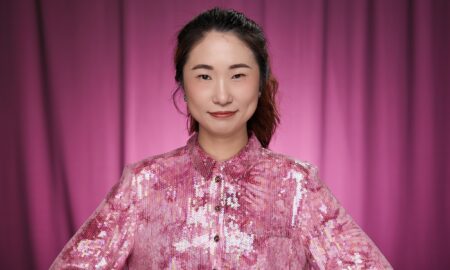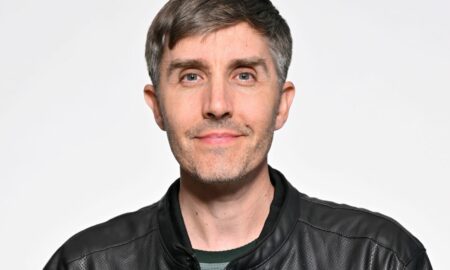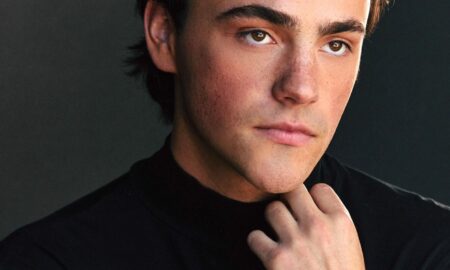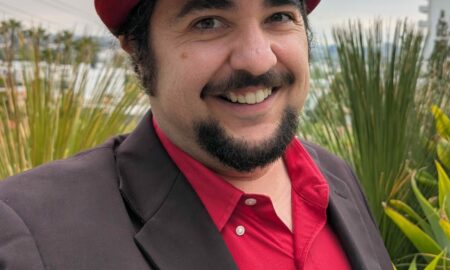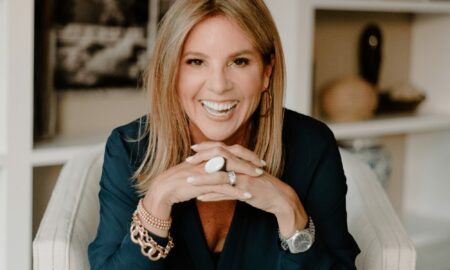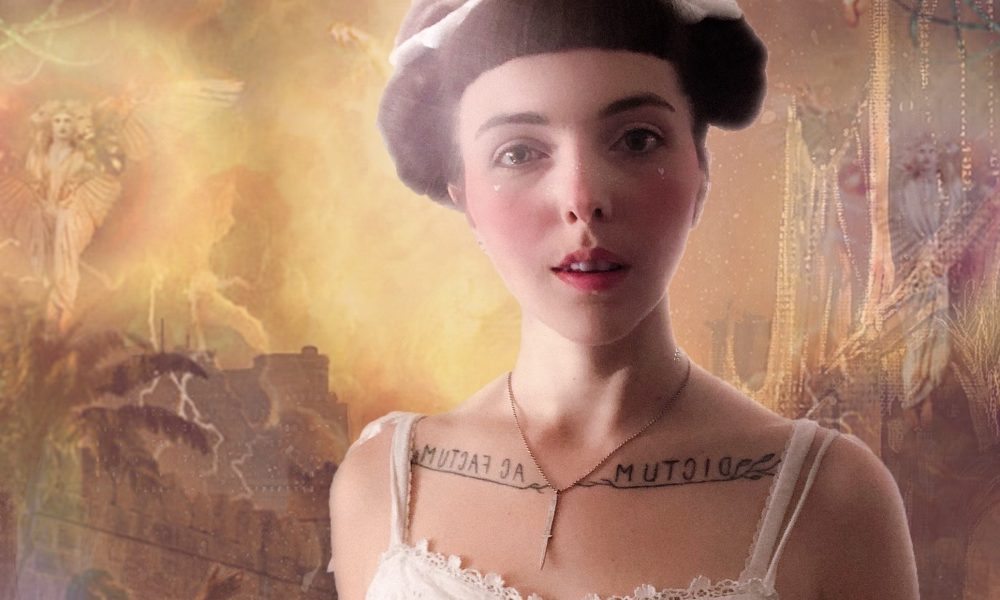

Today we’d like to introduce you to Giuliana Foulkes, .
Giuliana, , please kick things off for us by telling us about yourself and your journey so far.
I was born in Chicago and grew up in the western suburbs. In my sophomore year of high school I transferred into a performing arts school where I studied film in a tiny program made up of filmmakers and poets, within my graduating class there was only one other graduating student besides me. I struggled a lot with my sexuality at that time and experienced a lot of sexual violence, which surfaced in the work I was making in ways I was not immediately cognizant of. After graduation, I went to CalArts, where I majored in Film/Video and where I met my wife. I’d like to think that my work has retained most of those earnest, unconscious concerns from my teenaged years, albeit matured and a little more critically engaged. I’ve since graduated and am building a practice outside the structure of academia.
Can you give our readers some background on your art?
I’m primarily a filmmaker, but I feel the definition of that term has been muddied by the scope of and access to moving-image-making endlessly exploding through online media. I’ve made short films to be screened in cinemas, video installation work that has been exhibited in galleries, and I’m currently working on a series of scene studies that will live on twitter, instagram and tiktok.
The bulk of the work I’ve made satellites trauma and grief, I’m also principally interested in engaging with digital infrastructure and networks of power and control. I’m currently attempting to enunciate the aesthetics of the apocalypse, which I believe to be among the most important tasks for filmmakers at this juncture of the slow moving march to the end of the world.
I believe that films can and should be fun to watch and to make, so I push myself to do things in a chaotic way, I try to make films that surprise and bewilder me. I find that a film can function as a puzzle or a game, that something doesn’t necessarily need to be understood to be enjoyed as long as the act of investigating it gives the viewer pleasure. This isn’t to say that my work is uncritical or even optimistic, but rather that criticality and pessimism can flourish in the realm of play.
An artist who really embodies this idea for me is documentary filmmaker and philosopher Hito Steyerl, whose work can at once be somber and hilarious. Her critical writing is more accessible to the reader because it’s thrilling, she’ll at once connect predictive policing with Harry Potter in a way that makes perfect sense upon reflection. Reading her essays and watching her films leaves one breathless. That simultaneous sensation of comprehension and whiplash is what I’m striving for in my work.
What responsibility, if any, do you think artists have to use their art to help alleviate problems faced by others? Has your art been affected by issues you’ve concerned about?
I think for artists and in particular for filmmakers, the biggest shift we must contend with in our field is the creeping domination of algorithmically generated media. More than ever before, we see films in theaters and serials on streaming sites that are directed by bots, trained on user interactivity and sale- by-demographics. Disney’s broadening monopoly over the movie industry ensures that this tendency in filmmaking will become as ubiquitous as it is profitable. The question for contemporary filmmakers might be “how do I compete with a robot?”, or alternatively, “how do I become a robot?”
The media giants have begun scouting up-and-coming directors at independent film festivals. I really think that none of the pre-existing channels for making and exhibiting film are protected from this new mode of filmmakimg, so we are obligated to ask ourselves where we stand in relation to the robots. Is there the possibility of creating a new venue for the moving image? And if so, should we even bother to create it? I think lately I’m tempted to submit to the algorithm, I’d love to get paid once in a while.
What’s the best way for someone to check out your work and provide support?
A film I made with my wife has been touring various film festivals, but given the inaccessibility of that sort of venue I welcome instagram dms if you want the private link! Over the course of the next couple of months I will be slowly releasing short scene studies on instagram (@giulz.egg), twitter (@bigbosshrdfacts) and tiktok (@attractedtobugs)
Contact Info:
- Website: giulz.cool
- Email: [email protected]
- Instagram: @giulz.egg
- Twitter: @bigbosshrdfacts
- Other: tiktok: @attractedtobugs





 Image Credit:
Image Credit:
giuliana foulkes












